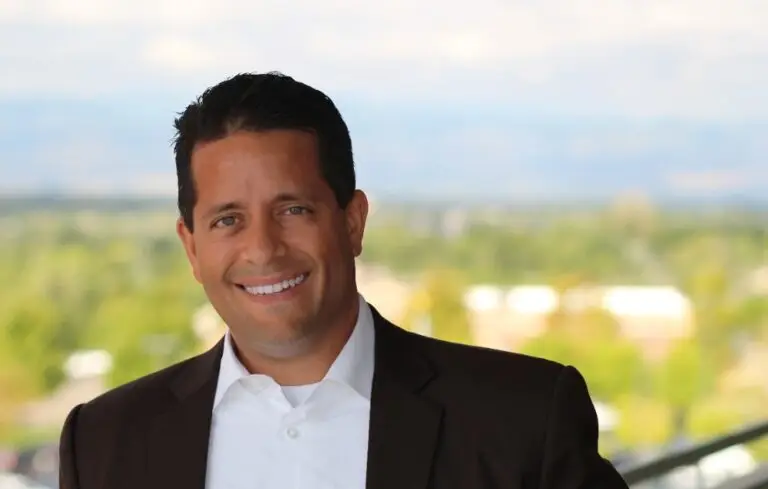School days, school daze. Many CEOs are rethinking their expenditures on traditional executive development programs. It’s not that an MBA from a marquee institution has lost its value, it’s just that quantifying the impact on business outcomes is elusive. Sure, employees come away from the experience with enhanced knowledge, but applying it to business needs doesn’t happen overnight, given entrenched management structures and the demands of today’s fast-changing global business environment.
No surprise, then, that many companies are taking a fresh look. Led by CEOs who are firm believers in the value of continuous education, such organizations are sponsoring a wide range of internal programs customized to specific business needs and goals. Like more traditional Exec Ed, the programs are intended to fill skills gaps, but they’re also designed to produce more tangible results. By developing more perceptive and engaged employees, the programs improve productivity, reduce turnover rates, burnish a reputation as an employee-centric business and offer the opportunity to explore new business concepts inspired by employees’ exposure to new ideas and thinking.
These innovative approaches are many and diverse and can help companies inspire employees, address skill gaps and introduce new perspectives on an ongoing basis:
Peer networks.
Executives develop relationships and share benchmarks, best practices and advice in facilitated groups that meet in person several times a year and virtually as needed. (Chief Executive offers The Chief Executive Network and Senior Executive Network. Members are placed in industry-specific, revenue compatible, non-competing groups facilitated by trained experts to share innovative ideas, solve specific problems and uncover best practices. More information here.)
Leadership training seminars.
In most urban centers, top experts come to town to host seminars that get people out of their seats to role-play mock business circumstances, like what to do when a competitor brings out a disruptive new product.
Cross-mentorship programs.
These harness the learnings of older employees who mentor younger ones, with a quid pro quo of getting some needed technology refreshers in return.
Temporary assignments abroad.
Employees absorb the nuances of a geographic market’s unique culture, laws, regulations and business practices by spending time at a company office or facility in a foreign country.
Cross-discipline job opportunities.
By taking on diverse positions across an enterprise for a short period of time, employees really learn the ropes, helping them become future leaders.
Open-door gatherings.
People from up and down the corporate rungs come together as equals to share their experiences and ideas. Game-changing innovations are not confined to senior leadership ranks. The goal is to inspire all employees to bring their most brilliant musings to work.
“Education comes in many different ways,” says Therese Tucker, founder and CEO of BlackLine, a Los Angeles-based publicly traded provider of financial and accounting automation software. “We’re doing the traditional things like supporting the continuing education credits of the many CPAs we have here on staff but are also trying out other ideas—with great success.”
So is Russell Johnston, CEO of QBE North America, part of Australia’s QBE Insurance Group, one of the world’s top 20 general insurance companies. “We have a philosophy here of putting the employee at the center of all we do, even ahead of our customers and shareholders,” Johnston says. “We put a lot of effort into internal programs focused on leadership. Not only am I very passionate about leadership development, I’m a certified instructor on the subject.”
Other CEOs riding herd on novel education approaches include Gaurav Dhillon, co-founder and CEO of SnapLogic, a provider of data integration technology solutions; and Tom Wheelwright, who heads up WealthAbility, a Tempe, Arizona-based provider of wealth attainment strategies. Both are fans of conventional MBA programs and non–degree granting courses within business schools, but they also advocate for nontraditional continuous learning opportunities.
Cross-Generational Collaboration
At SnapLogic, CEO Gaurav Dhillon is a big believer in the value of cross-mentorship, where older and younger employees advise one another on their respective areas of expertise. These days, there’s plenty for Millennials and Generation Z to teach.
“Generationally, younger people are more adept in their use of technology and multi-tasking; it just goes with the territory,” says Dhillon. “They can text and listen to you at the same time. Older people in the workforce, on the other hand, have patience and prioritization capabilities—judgment that can only arrive after years of experience, including bad experiences. There’s great value in cross-mentorship programs in which each generation’s unique abilities come together.”
Wheelwright at WealthAbility also values employee education programs focused on ways that encourage more enjoyable and effective collaborations, as opposed to filling skills gaps on an employee-by-employee basis. “I’m a big believer in seminars where everyone participates as a member of a team,” he says.







